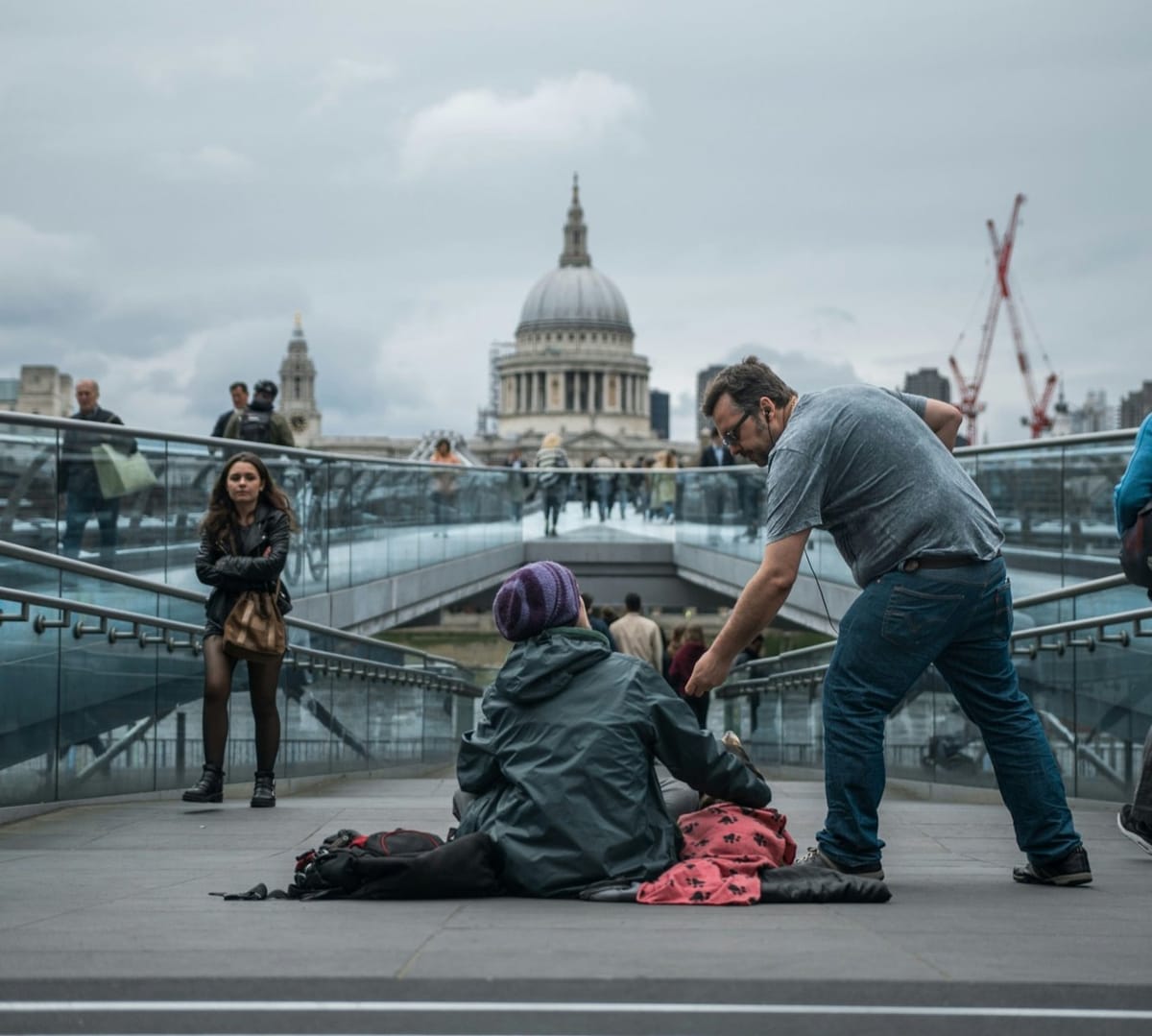I'm Human Too

When I ask my patients what has stayed with them the most from our work together, they don’t usually talk about a specific intervention or technique. They tell me that it was a moment when I let myself be human—when I shared what I was feeling in a genuine, heartfelt way.
Of course, there’s a balance. If we share too much, the focus shifts away from the patient. But when we do it authentically, with care, it doesn’t just bring therapy to life—it brings life into therapy.
It’s not just about showing up—it’s about truly being present. When we approach someone as if our job is to fix them, we can communicate that they are broken and unintentionally dehumanize them.
I try to see what a patient says not as a problem but as a signal of something deeply right—a sign of strength, of survival, of something core, even if they don’t yet recognize it.
This often comes into focus with patients who grew up in families where their emotions weren’t allowed—where feeling too much made them the problem. That was my story. And even now, it’s still hard to admit without feeling like I’m doing something wrong and hurting someone else.
But I know what it’s like when life gets complicated, and those old ways of surviving stop working. Anxiety shows up as depression. Or a kind of pain in the body that has no clear cause. You feel like you want to hide, even though you want to live.
That’s when I slow things down—holding the little ones within—and then look into my patient’s eyes and say, “What you’re feeling doesn’t mean something is wrong with you. It’s something right inside of you that's trying to speak, longing to be seen."
I want them to know they don’t have to hide anymore. Their voice matters. It deserves to be heard—not drowned out by louder voices or muted to avoid others' discomfort.
Right now, I want you to see the big picture and feel the power inside you—not be threatened by those who don’t take the time to know you.
I can do that, too. I’m human. I’m not perfect. And that may be the most important thing we have to offer—compassion toward ourselves, which helps us find compassion toward others.
It’s when we pretend we’re not—have it all figured out and hide behind excuses—that we become part of the problem. We can also cause harm when we try to fix what was never broken, or try to clean up something too quickly that needs to be seen.
This is the other side of the teeter-totter—the tilt toward fixing rather than feeling, toward erasure rather than presence. Sometimes we need to make room for the messiness—so we can listen, understand, and allow a correction.
It’s important to find balance—between and within—so the light shines on our truth and the things we thought we could always trust—not forgetting what that is in our core—in our country and the world around us.
Despite all the pain in our lives, let us never forget to trust ourselves. To see one another through the light of invisibility, shining the light on our humanness, which gives us the capacity to transform and heal, and to grow, even more than we ever imagined.
It happens one tear or smile at a time—one unexpected moment of someone‘s caring when the unthinkable happens in our lives. That's what makes me human, and you, too. That’s our greatest gift—and it deserves our respect and gratitude.
Sometimes, just one person reaching out—like the man on the Capitol steps in the photo above—can make all the difference. Not fixing but being there—with kindness, for those who feel invisible.
They may not know it, but they are also there for others watching in silence, waiting to be seen.
Feel the light in your heart. Call it what you may. Let it guide you home to where you need to be. You’re not alone anymore. You’re much more. You are the light that others need to see, including yourself.
Let it shine!
Comments or questions? Email me at mcecilvt@aol.com. Feel free to share these words—and this blog—with anyone you hold, or long to be held by, in the light of invisibility.
Dr. Cecil is a licensed psychologist, certified AEDP supervisor, approved EMDR consultant, and senior CSRT consultant. He specializes in treating complex relational, developmental, and transgenerational trauma, bringing therapy to life through heartfelt stories and images of connection and healing that emerge from the light of invisibility.